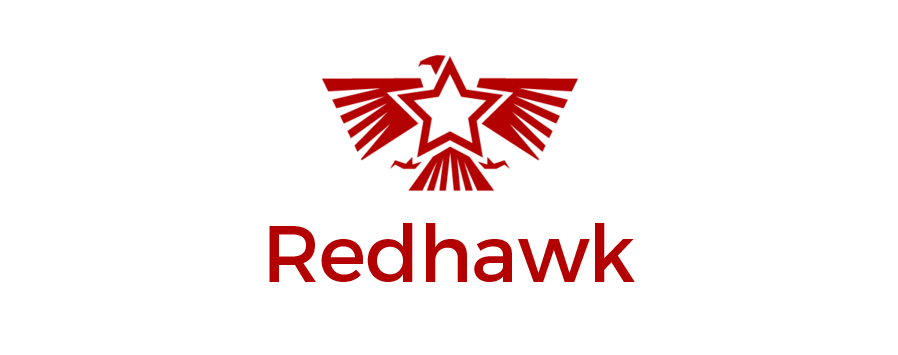I recently met with a couple of guys starting a new business and they flattered me by asking what advice I would offer them as they start their new venture. They both came from technical backgrounds and are very smart but have almost no business experience. The question was in two parts.
- What self-inflicted issues do I see in start-ups?
- What should founders, with limited business experience, do to help flatten that learning curve?
Needless to say, those questions are both savvy and very complex. I cautioned them that they should gather several viewpoints. We had an excellent conversation and, as readers of my ramblings on LinkedIn, they suggested I share it as a brief checklist. If you don’t like it, it’s their fault.
Self-Inflicted Issues
Here are some common head-scratchers I keep running into:
- Attempting to generate revenue exclusively through social media
- No actual salespeople or sales process
- Making crucial business decisions based on securing another round of funding
- No strategy to generate scale/growth
- Profitability considerations completely absent from strategic discussions
- Image being prioritized over substance
- B2C marketing in an obvious B2B model
- No company-wide goals
- No strategic planning horizons longer than 90 days
- Poor or absent talent management practices
Flattening the Learning Curve
Things to consider
- Be open to outside input. No one is calling your baby ugly and if you constantly resist feedback and criticism, you may never realize your full potential.
- Be flexible. You will make mistakes and learn from them but the more basic and flexible your strategy, the better. The ideas you started with will probably be blown up within 30 days so prepare to pivot.
- If you take funding money, make sure you place a premium on arrangements where the investors provide a structure to actively support, advise and promote your start-up. The money is great but agreements that go beyond financial help are the ones with the highest value.
- Explore incubators or accelerators with successful “graduates.” If you watch the HBO show “Silicon Valley,” they satirically illustrate that starting an incubator is not a very high hurdle to clear. Graduates are what you are looking for—not ping pong tables and craft beer Thursdays.
- Dilution of equity is not the end of the world. A fully diluted ownership stake of 51% on a $10 million company is far better than 100% of a $100k company. If there are more slices of pie being cut but the pie is now 100 times larger because of the partnerships and growth that dilution created, you are winning.
- Except for highly technical positions, hire based on attributes—not experience. What attributes will make someone successful in the role for which you are hiring? Fit between the candidate and the position on that level is a far better predictor of success than a resume with the right titles on it.
This is not a complete list and opinions will vary but in the limited scope of this conversation, I do think these hold higher value than the dozen other considerations I would suggest for pre-funded companies.
It was apparent to me that I would not be the last person from whom they sought feedback. I highly doubt I was the first.

